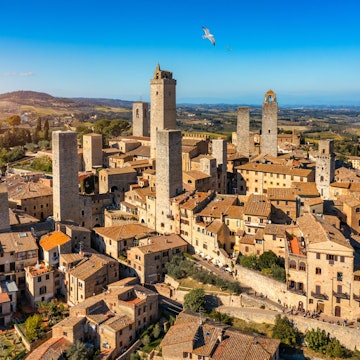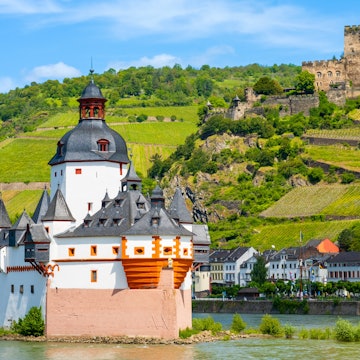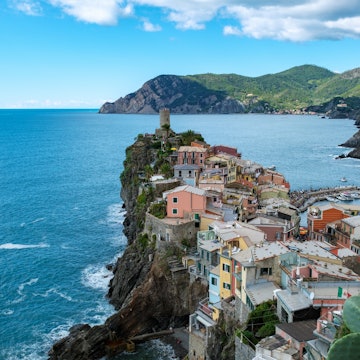
20 solo travel tips for women from the Lonely Planet experts

Oct 9, 2025 • 11 min read

Here are our best tips for traveling solo. Deepa Lakshmin/Lonely Planet
If you’re eager to see the world, why hold out for the ideal travel companion? Solo journeys create indelible memories.
Yet while voyaging by yourself can exhilarate, it can also be daunting – especially for female travelers. That’s why we asked a few travel-expert colleagues here at Lonely Planet for ideas that any woman setting out alone should keep in mind.
Here are 20 tips to keep you safe, grounded and ready to set out for the trip of a lifetime. All by yourself.

1. Seek out female hosts (ideally with pets)
If I’m booking accommodation online, I tend to opt for women owners (preferably with pets in their host photos!). This is partly psychological – but I’ve also found that women tend to think about things like where to go to avoid crowds or safer alternatives to more touristy places. It’s nice how protective women are of each other, especially when we’re traveling alone.
– Akanksha Singh, Destination Editor

2. Ease into it
It can be tempting to throw yourself outside of your comfort zone all at once, but doing things alone – solo traveling, or even just going out to dinner or the movies by yourself – can feel intimidating at first. But it’s a muscle you build up over time. Start with a day trip or an afternoon wandering a museum you’ve always wanted to see but didn’t know who to go with. When I backpacked through Australia and New Zealand, I tacked on extra days at the end of group tours, so I had solo time to explore (and decompress!) after nonstop socializing and being “on.” I’d already acclimated to the new-to-me destination while traveling with the group, which meant I had more confidence and knowledge to navigate the streets on my own.
– Deepa Lakshmin, Social Media Director

3. Consider hostels for connecting with like-minded people of all ages
Hostels are a great way to meet people, especially fellow solo female travelers. I truly believe you’re never too old for hostels. Many cater to people of various age groups and backgrounds and offer private rooms for added comfort and privacy. I find it’s easier to meet like-minded people in communal settings – the kind of people who are eager to exchange travel tips and stories with you and who genuinely want you to have a good time. I’ve made lifelong connections with people I’ve met in hostels.
– Sasha Brady, Digital Editor

4. Start with a solo afternoon
I’m not quite 100% to the point where I’m ready to dive into solo travel, so I like to just carve out a day or an afternoon of Rachy Adventures when I’m traveling with friends or my wife. (Said adventure often involves a croissant and an overpriced latte.) Some of my absolute favorite parts of a trip have been a rainy afternoon spent wandering alone in Boston, hopping on a train alone and watching the world speed by as I travel just three hours from home, and waking up early for a solo morning of yoga and sunshine in Mexico.
– Rachel Lewis, Senior Social Media Manager

5. Book some group activities
If you’re feeling apprehensive about taking a big solo trip, arrange a tour or activity for each day. This way, your days will be organized around a preplanned group event. I made connections from all over the world on a solo trip to Australia in my early 20s – and 20 years on, am still in regular touch with a Swedish woman I met on a boat trip to the Great Barrier Reef.
– Fionnuala McCarthy, Editorial Director

6. Hop on a boat or a bus
I get my bearings by taking either a hop-on, hop-off bus tour or a boat tour. On my first solo trip to Paris, I decided to take a cruise down the Seine – during which I wrote out my plans for the trip and got to know people by offering to snap their photograph. I also find spending time in local bookstores to be a great way to immerse myself in the destination, as well as meet fellow travelers and locals who seem very happy to help and offer tips and advice.
– Brekke Fletcher, Senior Director of Content
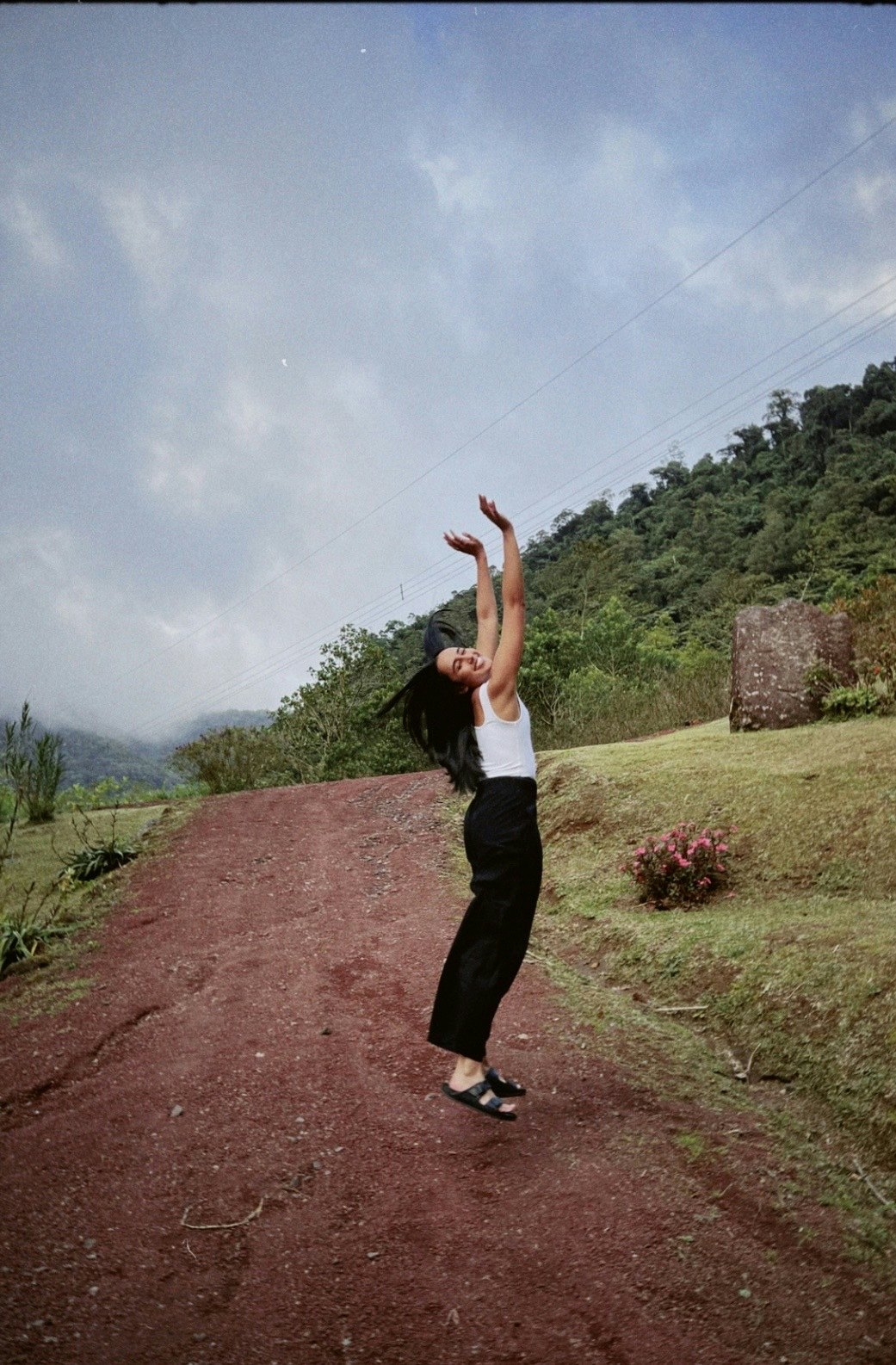
7. Download a killer playlist
When I'm traveling solo, I like to listen to music to really set the scene while I'm exploring. And, if you're like me, I like to have my headphones in so that no one approaches me (hello, introvert!), even with no music playing. Obviously, be careful and don't have your noise-canceling on so that you can't hear your surroundings, but oftentimes, it's a great way to block out all the noise (like in a museum) and anxiety you might feel. Plus, when you get back home, you might have a nice memory from listening to a specific song from your trip.
– Serina Patel, Marketing Manager

8. Bring a book
I’ve cycled and hiked and taken trains all over the world by myself, and I never did any of it without a book on hand. Waiting on delayed trains, sitting down to meals, relaxing in a bar at the end of the day: all of these situations are improved with a book. Reading can also be a useful way to put off any potential unwanted conversation. A woman on her own can be a magnet for chatterers, and I’m not always in the mood to talk to strangers when traveling.
– Amy Lynch, Destination Editor

9. Be present and stay mindful
Traveling by yourself is a great opportunity to be mindful. With no need to rush or please anyone else, I find myself doing a lot of thinking and reflecting while traveling alone. I try to limit my interaction with my phone as well to really enjoy the quiet. I find some of my most vivid traveling memories have come from these trips.
– AnneMarie McCarthy, Destination Editor

10. Make new friends...or don't!
One of my favorite things about solo travel is that I can spend as much time as I want by myself, choosing whatever I want to do. I’m a total introvert, and I love spending time alone, but I’ve also found that it’s pretty easy to start a conversation if I’m tired of being by myself. I can turn to the person next to me at a restaurant, at a museum, on transportation or anywhere else and just ask a question (What do they recommend on the menu? Do they like what they ordered? What are they reading? Do they know the neighborhood the bus is heading, etc). This usually leads to a conversation and possibly a new friend. Or, if I’m not feeling it, after all, I can just open my book, pick up my phone or just leave, and I’m back to being on my own.
– Caroline Trefler, Destination Editor
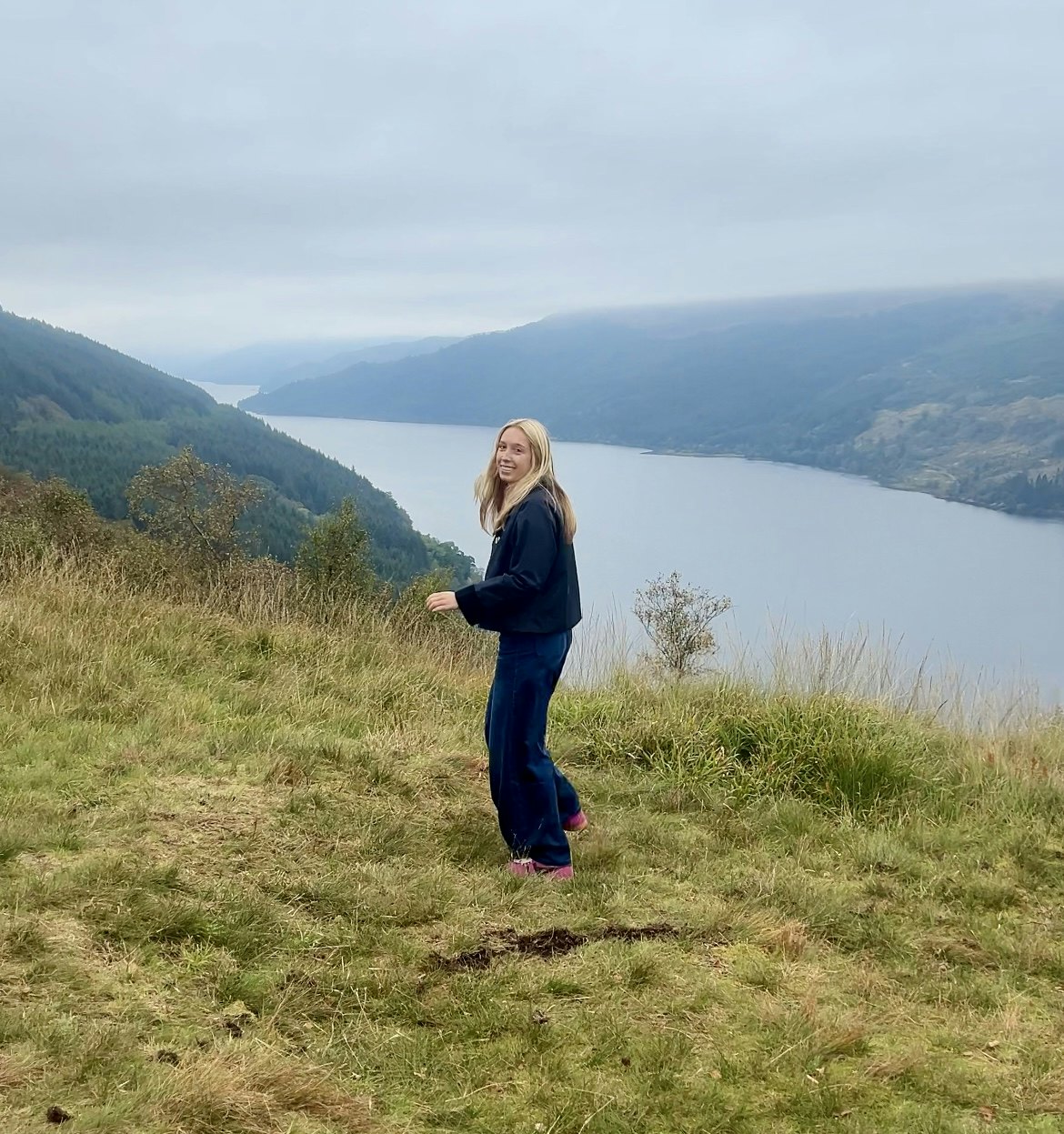
11. Plan rest days
For every seven to 10 days of travel, set aside a day to breathe. Sleep in, treat yourself to a nice meal or just give your legs a break. If you can resist the pressure to program every moment of your trip, you won’t feel like you’re “wasting” your time. This is especially true when you’re traveling solo and not on anyone else’s schedule.
– Ann Douglas Lott, Digital Editor

12. Use apps to your advantage (and with headphones)
When navigating a new city on foot, plug your destination into a maps app, then listen to the walking directions through headphones. This allows you to avoid pulling out a map – which is equivalent to waving a flag printed with “tourist!” Most importantly, when you’re making your plans, try to resist fear (which is used to manufacture headlines and generate clicks). Language and cultural barriers can raise discomfort, which will make you hyper-aware of your surroundings. But that doesn’t mean said surroundings are unsafe.
– Jessica Lockhart, Destination Editor

13. Savor local fare on a food tour
One thing that makes a lot of solo travelers apprehensive is the thought of dining alone. But if you join a food tour, you’ll have dining companions for the evening and the opportunity to try out a bunch of new restaurants — all while learning about the local culture. I joined a food tour of Trastevere while traveling solo in Rome: not only did I get to meet fellow travelers, but the tour included a mix of casual street food spots (excellent for solo travelers) and restaurants. After you check these places out in a group, you may feel more relaxed coming back on your own for a solo dining experience.
– Alex Butler, Managing Editor

14. Travel with a power bank
Traveling alone, you will most likely be using your phone more than usual to take photos and videos, and for navigating maps. Even if your phone has a reliable battery, it’s always good to know you have a backup, especially if you’re on your own. There are plenty of small and lightweight power banks that you can purchase to slot into your bag when on the road.
– Zara Sekhavati, Destination Editor
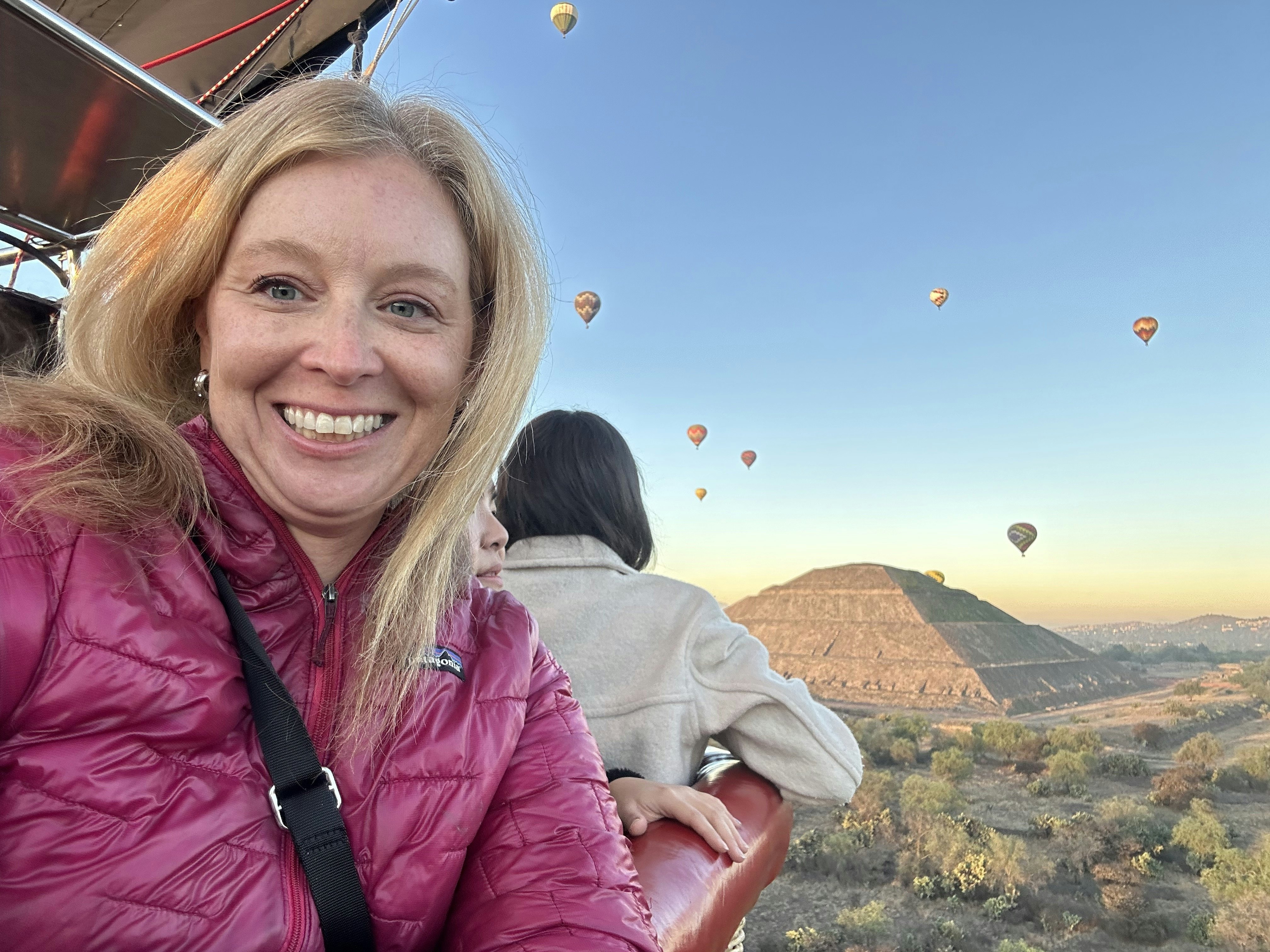
15. Rethink what it means to travel solo
There are judgy corners of the internet that think to truly travel solo, you must travel alone. Don’t listen to them.
In my opinion, traveling solo rarely means traveling alone. Often, I make itineraries that involve days I am alone, followed by days I meet up with friends. One year, I made a Google Doc and shared it with friends – and had several meet me along the way. They just wrote their names on the little boxes on my calendar.
On the days I’m alone, it’s a chance to pursue my passions and meet new, like-minded people. I’ve done cooking classes, art classes, tours, digital nomad meetups and gone to bars where my favorite team is playing on TV. I’ve looked up fun weekend festivals (hello Kocherball in Munich) and more lengthy group travel with Remote Year to go to a place I wanted to spend more time: Mexico City.
You can also join a group like G Adventures, Intrepid or book a day tour with GetYourGuide. We’re human beings, and we need community – that’s the point of travel, connecting with new people.
– Melissa Yeager, Senior Editor

16. Don’t wait for a partner
I’ve traveled solo to places like Hawaii, the Amalfi Coast and the Dominican Republic. When I tell these stories, someone will occasionally say something to me like, “Oh, I want to go there on my honeymoon, so I’m waiting to take that trip.” My advice? Don’t wait. If you want to go somewhere, even a place with a reputation as a “romantic” destination or a honeymoon getaway, go anyway. There are so many ways to enjoy a destination and to make your own memories, with or without another person. If resorts or entire destinations cater specifically to couples, you will see a different – and sometimes more interesting – side of it by going solo.
– Laura Motta, Senior Director of Content

17. Don’t overshare
The temptation to share your entire trip via social media can be overwhelming – especially if you’re having a fantastic time. But for safety concerns, it’s best to avoid sharing every movement with every follower until you return home. Not only do real-time posts alert people to where you are during every part of your trip, but they also let folks know you’re not home. Consider sharing your photos and videos from the road just with a close number of friends, or wait until your trip is over to flood your social media.
– Alicia Johnson, Destination Editor
18. Share your location
To ensure peace of mind, I make it a habit to inform at least one person back home of my whereabouts using the Find My Friends app, which allows them to track my location in real time. While it can be reassuring for safety reasons, what I appreciate the most about it is the tangible sense of connection it provides. My family, in particular, loves that they can place me on a map and accompany me virtually on my explorations.
– Sasha Brady, Digital Editor
19. Role-play at restaurants
Dining alone can be the best kind of mini-adventure. You can chat with the bartender – often a wealth of local knowledge – or other patrons. You can play at being an international woman of mystery and hunker down with a book or a notebook and pen. And if you’ve had a long day of sightseeing, sometimes it feels good to just sit at a quiet table and fiddle with your phone. The best part? Solo diners can often glide right to the front of the line at popular and award-winning restaurants, even without a reservation.
– Laura Motta, Senior Director of Content
20. Feel your feelings – and cry when you need to
Especially if you’re traveling alone for the first time. Especially if you’re far away from everything you’ve ever known. Especially if you feel confused or lonely or out of place. I’ve shed tears in more airports than I care to admit. You’re outside your comfort zone, and that’s scary! It’s normal to feel homesick and miss the people, places and routines that feel familiar to you. But you probably embarked on a solo adventure because some part of you craves something new – and any change requires getting comfortable with being uncomfortable, at least for a little bit. It’s OK to go through it.
– Deepa Lakshmin, Social Media Director








